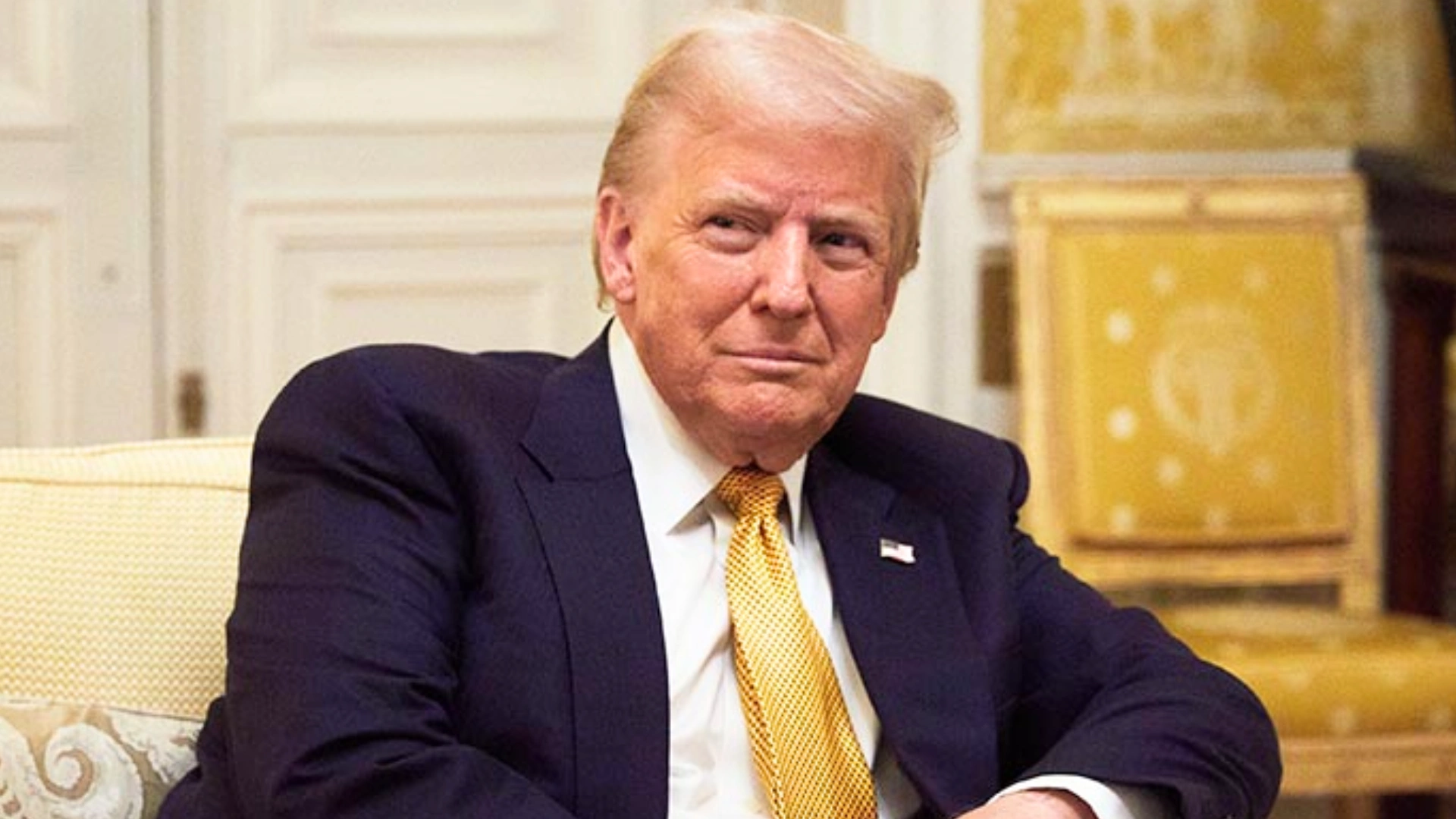As Delhi braces for Diwali celebrations amid rising pollution concerns, meteorological predictions offer insights into post-Diwali air quality, indicating potential respite from pollution on November 1. According to the weather department, favorable conditions are expected the day after Diwali, with an anticipated rise in wind speeds and temperature aiding in dispersing pollutants.
The day after Diwali is expected to see daytime temperatures around 35°C and nighttime lows at 20°C, conditions that are likely to enhance pollutant dispersal. Warmer daytime temperatures could play a crucial role, assisting the dispersal of particulate matter and allowing pollutants to dissipate more effectively, the department noted.
However, challenges loom on October 31 night and the early hours of November 1 due to anticipated calm winds, projected to be around 8 km/h. This low wind speed is likely to slow down pollutant dispersion, allowing fireworks’ emissions to linger in the air until the morning when wind speeds are expected to increase to 16 km/h.
Two additional meteorological factors—the mixing depth and ventilation index—are expected to influence pollutant dispersal. The mixing depth, or the height at which pollutants can be dispersed above ground, is forecasted to reach around 2,280 meters on October 31, allowing pollutants to mix higher in the atmosphere, reducing ground-level accumulation. The ventilation index—which gauges how well the atmosphere can clear pollutants—is anticipated to be 21,000 m²/s, significantly surpassing the favorable threshold of 6,000 m²/s, which further supports effective pollutant dispersion.
Despite the expected pollution spike on Diwali night, November 1 offers promising meteorological conditions for improved air quality in Delhi. Residents are advised to remain cautious, but weather conditions provide hope for a swift recovery in air quality after the festive celebration.
ALSO READ: Diwali Holiday Announced In Uttar Pradesh Till November 1, Check Here


















